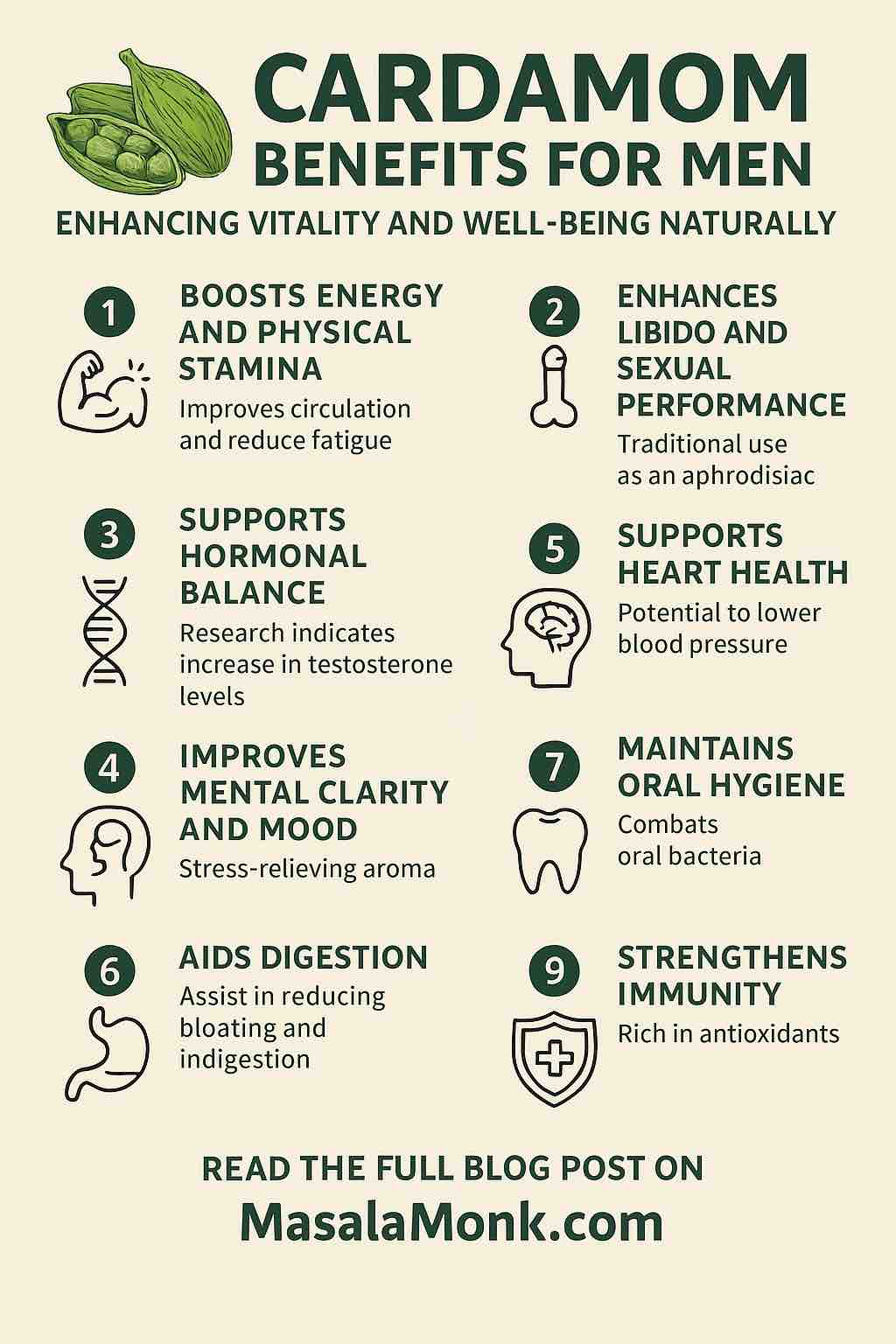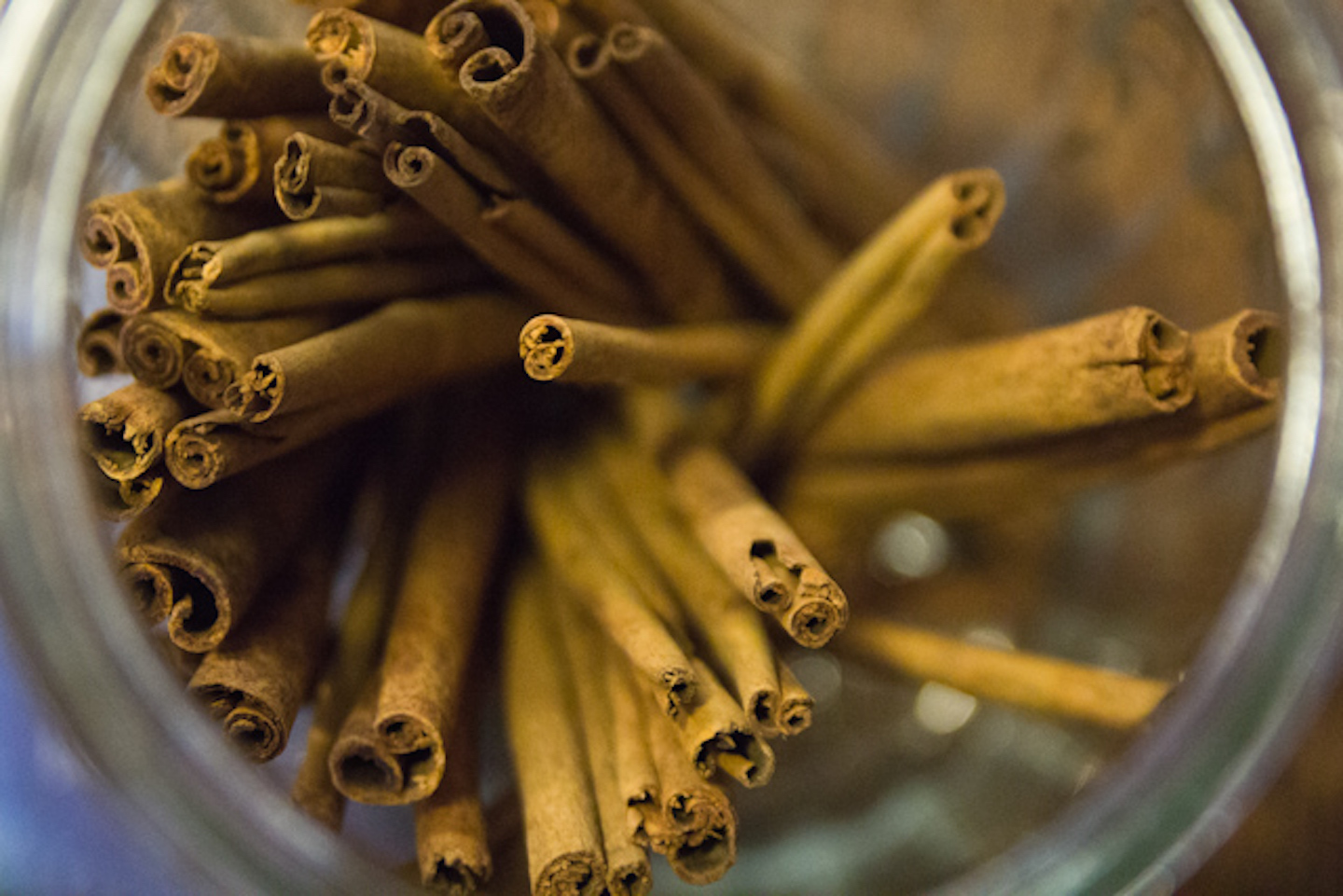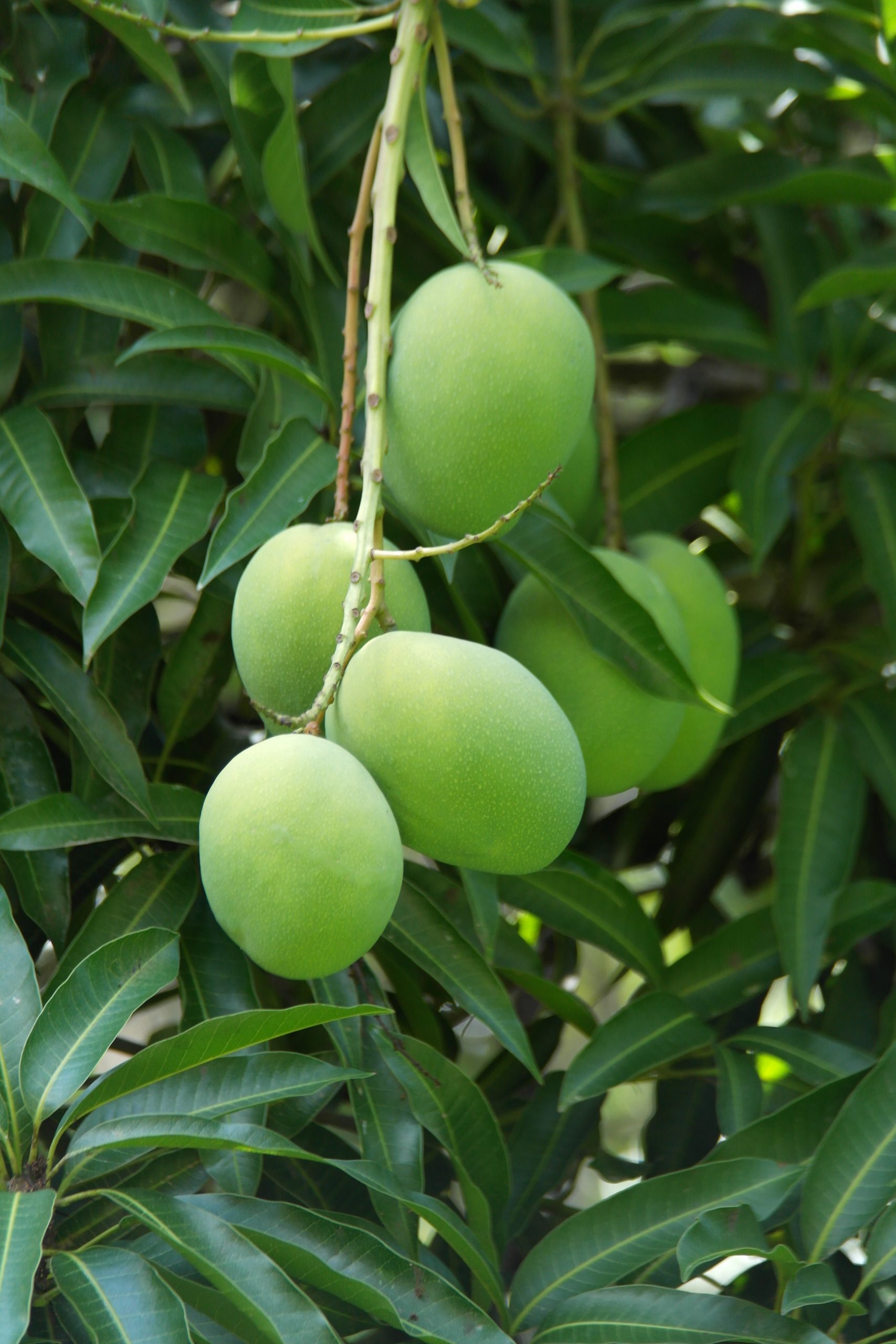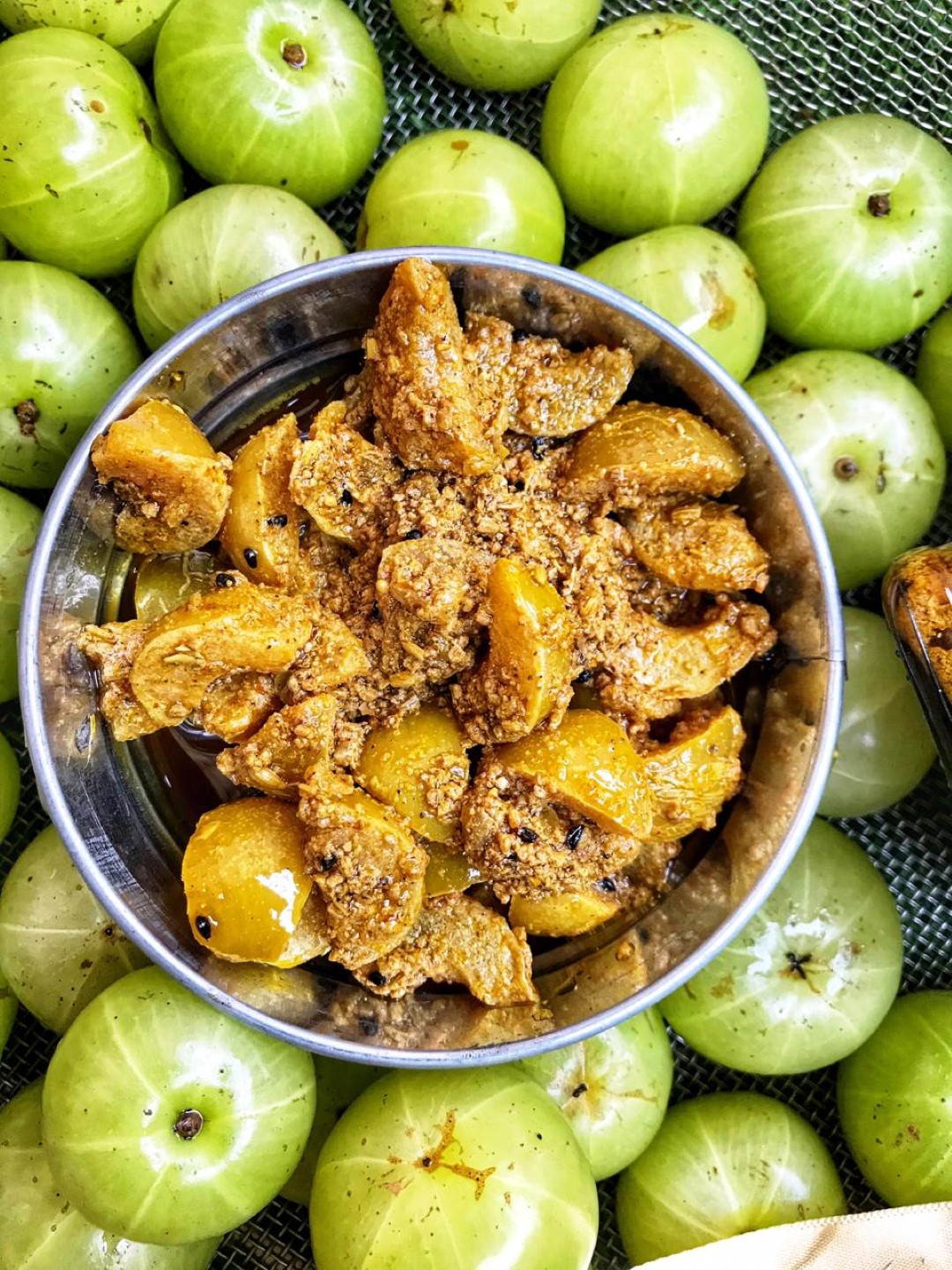
In the world of natural wellness, few spices are as revered and versatile as cardamom—a small green pod packed with powerful properties. Often called the “Queen of Spices,” cardamom (Elettaria cardamomum) has been a cornerstone of Ayurvedic and Unani medicine for centuries. While it’s a flavor-enhancer in many culinary traditions, its true power lies in its therapeutic benefits, particularly for men’s health and vitality.
In this comprehensive blog post, we’ll explore how cardamom can support men’s physical stamina, sexual health, hormonal balance, and overall well-being, with evidence from both traditional use and modern research.
🔬 What Makes Cardamom So Powerful?
Cardamom is rich in:
- Antioxidants (e.g., flavonoids, polyphenols)
- Essential oils (such as cineole, limonene)
- Minerals like potassium, magnesium, and zinc
- Anti-inflammatory compounds
These compounds give cardamom a wide range of pharmacological actions including antibacterial, anti-inflammatory, diuretic, digestive, and adaptogenic properties—all of which make it an ideal addition to men’s wellness routines.
💪 1. Boosts Energy and Physical Stamina
Fatigue and low energy are common issues for many men, especially those leading high-stress, sedentary lifestyles. Cardamom acts as a natural energizer due to its ability to:
- Enhance blood circulation
- Improve oxygen delivery to muscles
- Reduce oxidative stress, which is a major cause of fatigue
A cup of cardamom tea or simply adding a pinch to your morning smoothie can offer a natural energy lift without the crash associated with caffeine.
🍆 2. Enhances Libido and Sexual Performance
Cardamom has been traditionally used as an aphrodisiac in various ancient medical systems.
- The essential oil cineole may stimulate nerve pathways involved in sexual arousal.
- It improves blood circulation, supporting erectile function and stamina.
- Studies on rodents have shown that cardamom extract may increase testosterone levels and sperm count, possibly by supporting the thyroid gland and improving antioxidant activity in reproductive tissues.
Combine cardamom with warm milk and a pinch of saffron for a libido-boosting nightcap.
🧬 3. Supports Hormonal Balance & Testosterone Levels
Hormonal imbalance can manifest in fatigue, mood swings, low libido, and weight gain. Research suggests that the antioxidants in cardamom can influence endocrine function by:
- Reducing oxidative stress in the hypothalamus and pituitary glands, which regulate testosterone production
- Enhancing the activity of free testosterone, improving reproductive and metabolic health
Animal studies have demonstrated improved thyroid function and increased sperm health with cardamom supplementation.
🧠 4. Improves Mental Clarity, Mood, and Focus
In our always-on digital world, cognitive fatigue is real. Cardamom can help sharpen mental performance and reduce stress due to:
- Adaptogenic effects that regulate cortisol levels
- Aromatic oils like cineole that promote mental alertness
- Flavonoids that protect brain cells from oxidative damage
Inhaling cardamom essential oil or sipping cardamom-infused tea can help clear the mind, especially during mentally demanding tasks.
🩺 5. Supports Heart and Metabolic Health
Men are statistically more prone to cardiovascular disease, especially with poor lifestyle habits. Cardamom may offer cardioprotective benefits such as:
- Lowering blood pressure due to its potassium and diuretic effects
- Improving lipid profiles, i.e., reducing LDL (bad cholesterol) and raising HDL
- Reducing blood sugar spikes and improving insulin sensitivity, important for pre-diabetic men
A randomized trial published in the Indian Journal of Biochemistry found significant reductions in systolic and diastolic blood pressure in adults consuming cardamom daily for 12 weeks.
🍽️ 6. Aids Digestion and Gut Health
Digestion is foundational to vitality. Cardamom stimulates the secretion of digestive enzymes, helping:
- Alleviate bloating, gas, and acidity
- Relieve nausea and indigestion
- Improve gut motility and nutrient absorption
It also helps maintain microbial balance by acting as a natural antimicrobial, reducing the growth of harmful gut bacteria.
🦷 7. Maintains Oral Hygiene
Bad breath and oral infections are often signs of systemic inflammation or poor gut health. Cardamom helps by:
- Neutralizing oral bacteria
- Refreshing the breath naturally
- Supporting healthy gums through its anti-inflammatory effects
Chewing on cardamom pods after meals is a simple yet effective oral hygiene practice in many cultures.
⚖️ 8. Aids Weight Management and Fat Loss
Cardamom may assist in managing body fat by:
- Increasing metabolic rate
- Reducing visceral fat accumulation
- Enhancing fat oxidation during exercise
In a 2023 study published on News Medical Life Sciences, researchers found cardamom intake associated with reduced inflammation and improved energy expenditure, which supports fat loss.
🛡️ 9. Strengthens Immunity
A robust immune system is essential for longevity and vitality. Cardamom’s high antioxidant content helps by:
- Reducing chronic inflammation
- Enhancing the activity of natural killer cells and macrophages
- Preventing respiratory infections
Adding cardamom to soups, teas, or warm water during colder months can help ward off illness.
☕ How to Use Cardamom in Daily Life
Incorporating cardamom into your routine is both easy and delicious:
- Cardamom Tea: Boil crushed pods in water, add honey and lemon.
- Golden Milk: Combine cardamom, turmeric, and black pepper with warm milk.
- Smoothies: Add 1/4 tsp cardamom powder to fruit blends.
- Oats or Chia Pudding: Add a pinch of cardamom for a fragrant, healthy twist.
- Spiced Coffee: Brew coffee with a pod or two for an exotic flavor and boost.
⚠️ Precautions and Considerations
While cardamom is generally safe for most individuals, a few notes of caution:
- Avoid excessive intake (more than 6g per day) as it may cause nausea or allergic reactions in rare cases.
- If you’re on blood pressure or anticoagulant medication, consult your doctor before high intake.
- Pregnant individuals should also limit cardamom supplementation.
🧭 Final Thoughts: Nature’s Ally for Male Wellness
In a world of synthetic supplements and quick fixes, cardamom offers a time-tested, natural alternative to support men’s health across the board—from hormones and libido to heart health and immunity. Its unique blend of aromatic oils, antioxidants, and minerals makes it a spice worth embracing daily.
Whether you’re aiming to elevate your physical performance, sharpen mental focus, or simply support healthy aging, cardamom is more than just a spice—it’s a potent tool for enhancing male vitality in a sustainable, holistic way.
🔍 Frequently Asked Questions (FAQs)
1. Can cardamom really boost testosterone levels in men?
Yes, preliminary animal studies suggest cardamom may support testosterone production by enhancing thyroid function and reducing oxidative stress. While more human research is needed, its hormonal balancing effects are promising.
2. How much cardamom should men consume daily for health benefits?
A general recommendation is 1 to 3 grams (about 1/4 to 1/2 teaspoon) of cardamom powder daily. For whole pods, 2–3 crushed pods per day is sufficient. Always start small and observe how your body responds.
3. Is cardamom effective for erectile dysfunction or low libido?
Yes, cardamom has traditionally been used as an aphrodisiac. Its ability to enhance blood circulation and stimulate the nervous system may help with erectile function and sexual performance.
4. Does cardamom help with weight loss or belly fat?
Cardamom may support weight loss by boosting metabolism, reducing inflammation, and enhancing fat oxidation. Combined with exercise and a healthy diet, it can be a useful addition to fat-loss efforts.
5. Can cardamom improve mood or reduce stress?
Yes. Cardamom contains compounds that have adaptogenic and antidepressant effects, helping reduce cortisol levels and improve mental clarity. Its aroma alone may reduce anxiety in some individuals.
6. Are there any side effects of cardamom for men?
Cardamom is generally safe. However, excessive intake may cause nausea or allergic reactions in rare cases. People with gallstones or those on blood-thinning medications should consult a doctor before using it regularly.
7. How does cardamom benefit heart health in men?
Cardamom contains potassium and antioxidant compounds that help lower blood pressure, improve lipid profiles, and reduce oxidative stress, all of which are vital for cardiovascular health.
8. Can cardamom improve digestion and gut health?
Yes. Cardamom has carminative and antimicrobial properties that help relieve bloating, gas, indigestion, and promote a healthy balance of gut bacteria.
9. Is it better to use green cardamom pods or ground cardamom?
Both forms are beneficial. Whole pods retain their oils longer and are great for infusions, while ground cardamom is more convenient for smoothies or baking. Choose based on your usage and freshness preference.
10. Can cardamom be used with other herbs or superfoods for men’s health?
Absolutely. Cardamom pairs well with ashwagandha, turmeric, black pepper, and ginger—all of which can complement its effects on vitality, digestion, and hormone balance.













